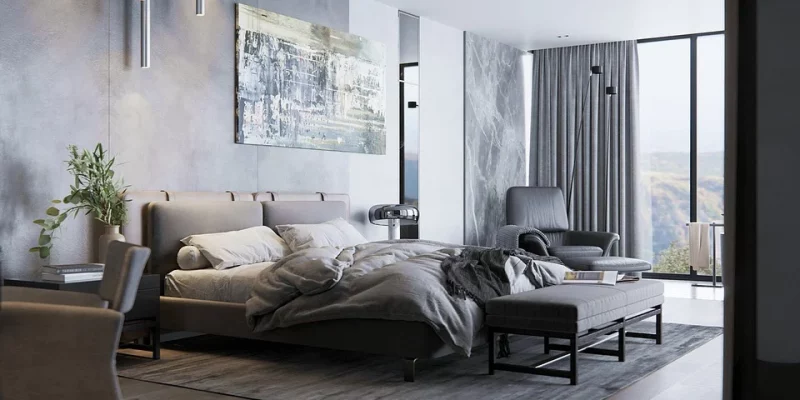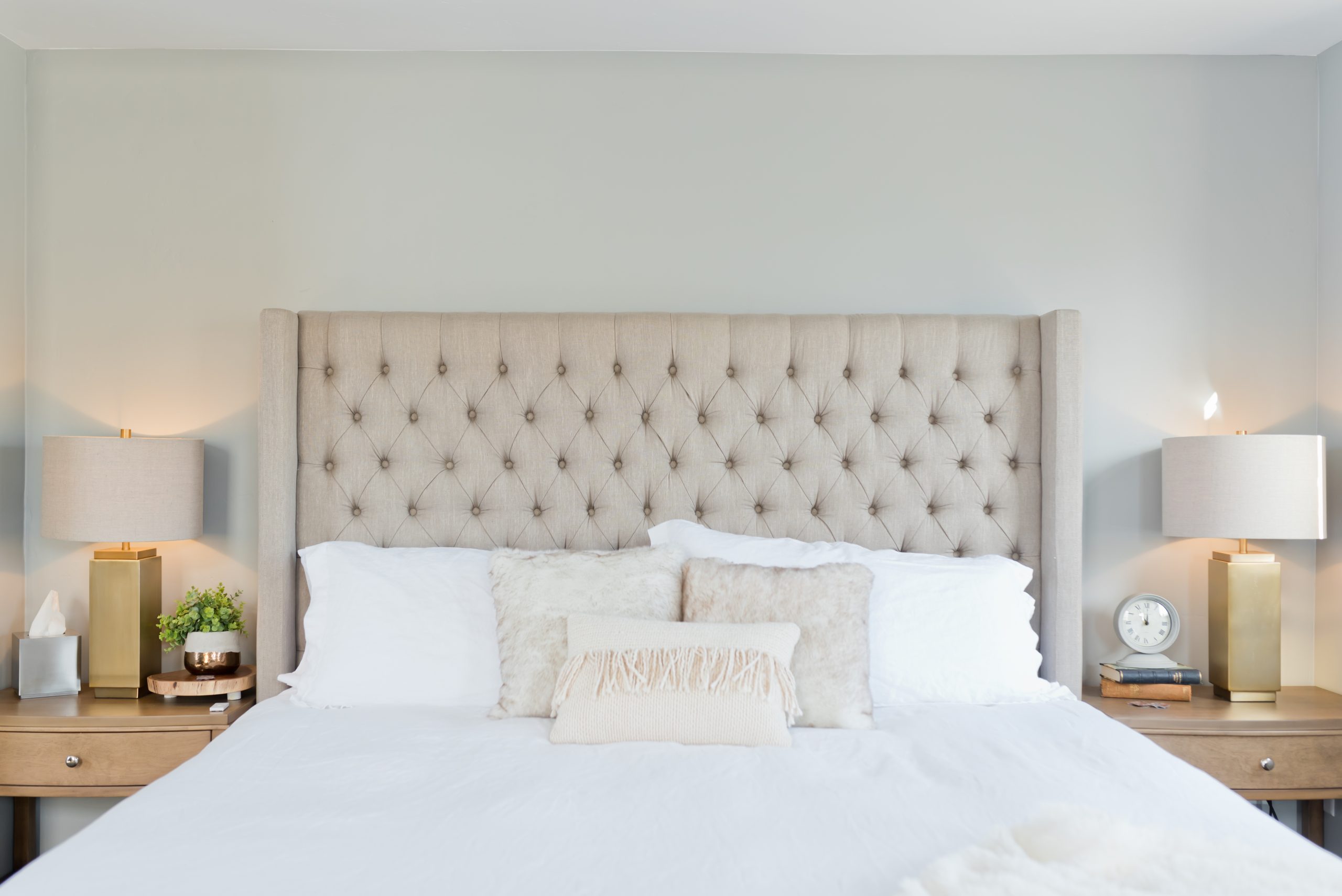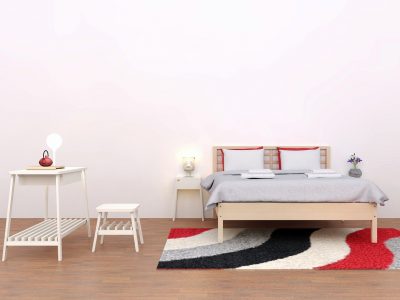Everybody loves a good night’s sleep. But in this modern age, it is much harder than it sounds. Constantly being distracted from sleep leaves us in a state of being sleepy, tired, and stressed. Here are some suggestions that could help you improve the quality of sleep.
Use the Right Bed
Your bed is perhaps the most significant factor in getting a good night’s sleep. Beds come in a variety of sizes and choosing the proper one is crucial. Consider being 2 meters (6.5 feet) tall while lying in a bed that is shorter in length. You’ll be forced to sleep in the fetal position, which might cause back discomfort and sleeplessness. Your feet will hang from the edge of the bed if you wish to fully stretch out. When it comes to beds, there’s also the matter of the mattress. Mattresses are crucial, and you should figure out which type is right for you. Some people are used to sleeping on hard mattresses, while others are used to sleeping on softer beds, and they find it difficult to adjust when their mattress is changed. A firmer mattress is recommended, especially if you sleep on your back.
Use the Right Pillow
The most crucial item after the bed is your pillow. You must discover the proper pillow for you, just as you must find the right bed. It might be rough, soft, or somewhere in between. There are many different types of pillows on the market currently, and you may pick one that suits your preferences. The Casper Pillow, for example, does not clump, while other pillow manufacturers would tout how soft its pillows are and how they will improve your sleeping quality. There are several reviews available for these pillows that may assist you in deciding which one is best for you. Keep in mind that you’ll need to choose a pillow that fits your sleeping style. If you sleep on your back, you’ll want something that’s not too thick, just thick enough to keep your head aligned with your spine. If you sleep on your side, you’ll need a thicker pillow for the same reason.
Bed Sheets
Because some fabrics are “cooler” than others, the best summer sheets may differ from the finest winter sheets. Synthetic textiles retain heat, causing you to become overheated while sleeping. This might result in poor sleep quality, restlessness, and waking up frequently. Cotton sheets are very comfortable, and they allow you to self-regulate your temperature, resulting in a better quality of sleep. Pima and Egyptian cotton are two of the best materials for bed sheets, and they’re great for hot summer nights. Cotton bedding can be polished in a variety of ways to make it more comfortable. Cotton with a sateen texture is extremely soft and fluffy. Those who tend to overheat while sleeping may select moisture-wicking cotton.
Sleep Masks
Artificial light inhibits the production of melatonin, a sleep-inducing hormone, which can lead to sleeping disorders or diseases such as insomnia. Blue light from phones and other gadgets, as well as streetlights and ambient lighting in the bedroom (such as light from a clock), are all sources of sleep disruption. As a result, it’s vital to choose a sleep mask that’s right for you. When buying one, consider the shape, size, material, and weight. You want your sleep mask to be as comfortable as possible so that it won’t wake you up. It won’t help you if it’s too tight or bothers you; in fact, it’ll make things worse. There are many different types of sleeping masks to select from, so it’s important to choose one that fits your face and rests comfortably while you sleep.
Sleeping masks come in a variety of fabrics, each with its own set of advantages. Cotton is a soft fabric that is also reasonably priced. Some masks are constructed of light-colored cloth or don’t cover enough surface area to completely block out light. Other sleep masks are designed to offer a complete blackout effect, allowing no light to pass through. This is especially critical if even the tiniest quantity of light impairs your sleep quality.
Air Conditioner
As you may have noticed, sleeping in hot temperatures is nearly difficult. This is because to fall asleep, your body temperature must drop a few degrees. Sleeping in a cooler room allows your body to cool down faster and makes it simpler to fall asleep. Choose the correct temperature for sleeping: the National Sleep Foundation recommends a temperature of 60 to 67 degrees Fahrenheit for sleeping. Clean the filters regularly to guarantee that your air conditioner does not return dust and bacteria to your room. Setting the thermostat too low for too long can harm your immune system. While cooler temperatures make it easier to fall asleep, they can also harm your immune system so do not overdo it because you may harm your health significantly.
One of the most crucial aspects of living a healthy lifestyle is getting enough sleep. If you’re having trouble sleeping, double-check that everything meets your needs; if you’re still having issues, we recommend consulting a doctor right away.






















